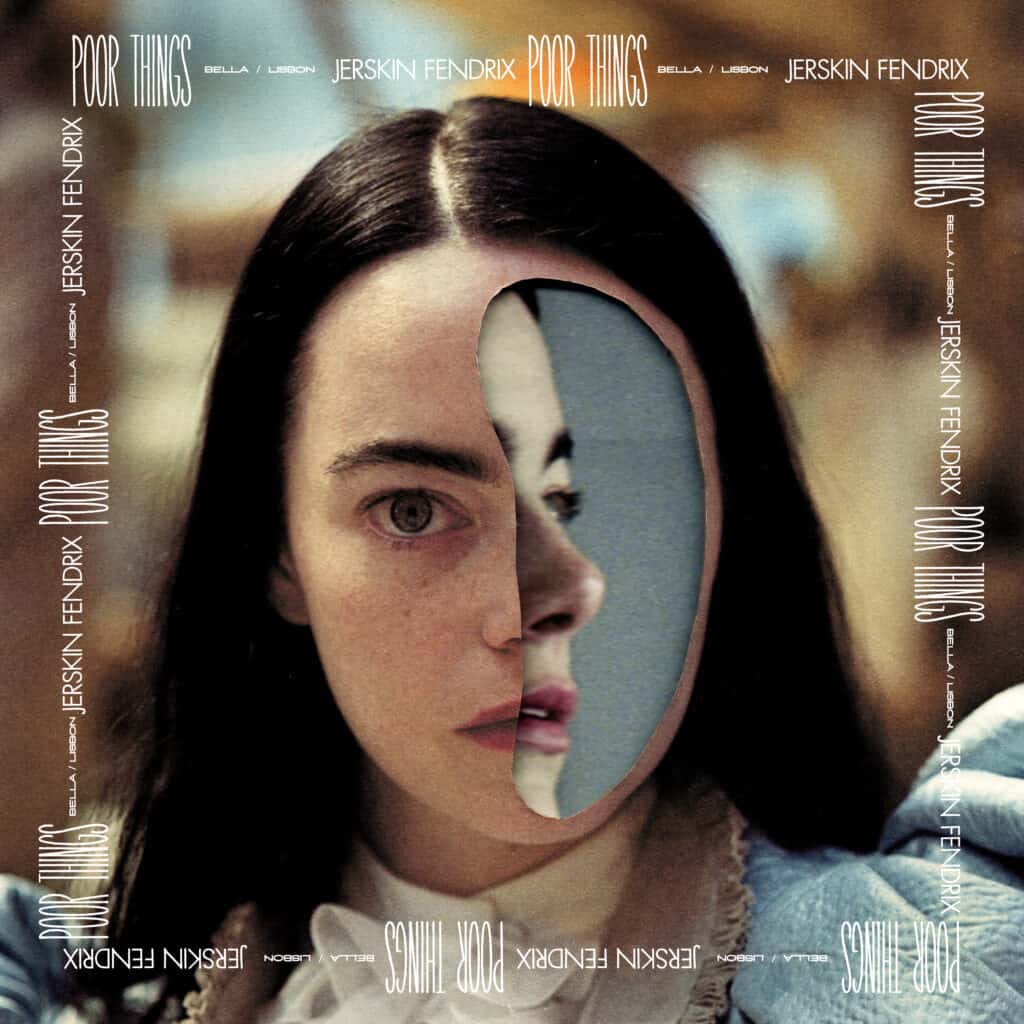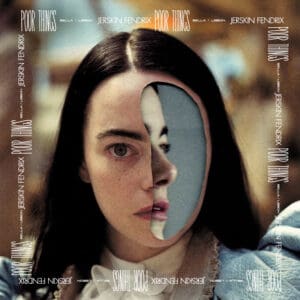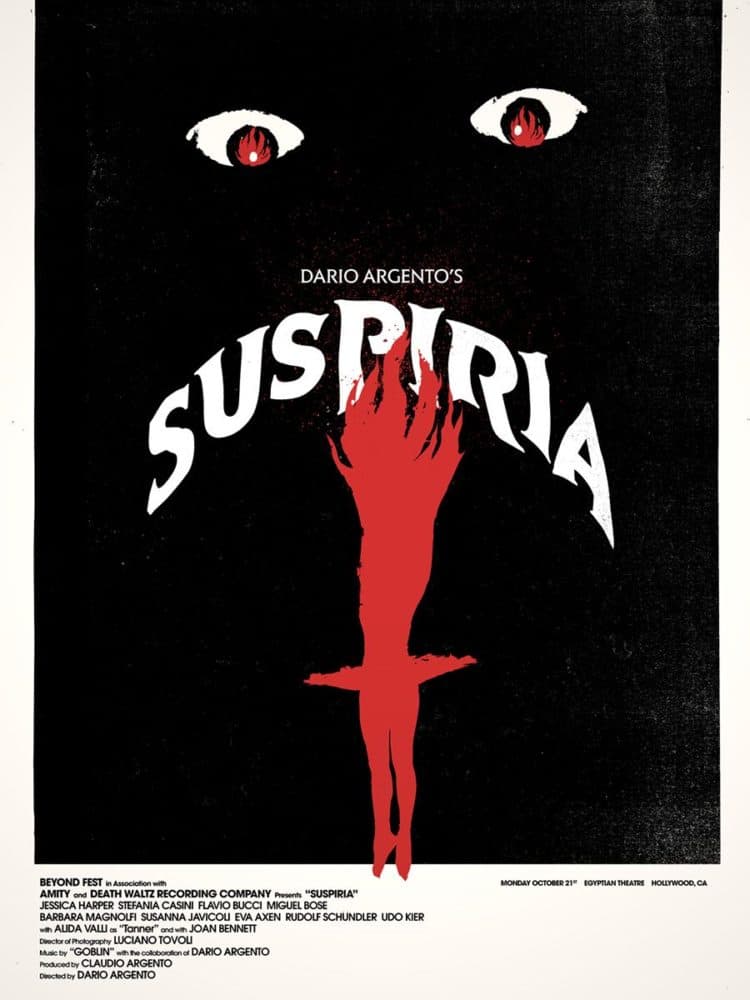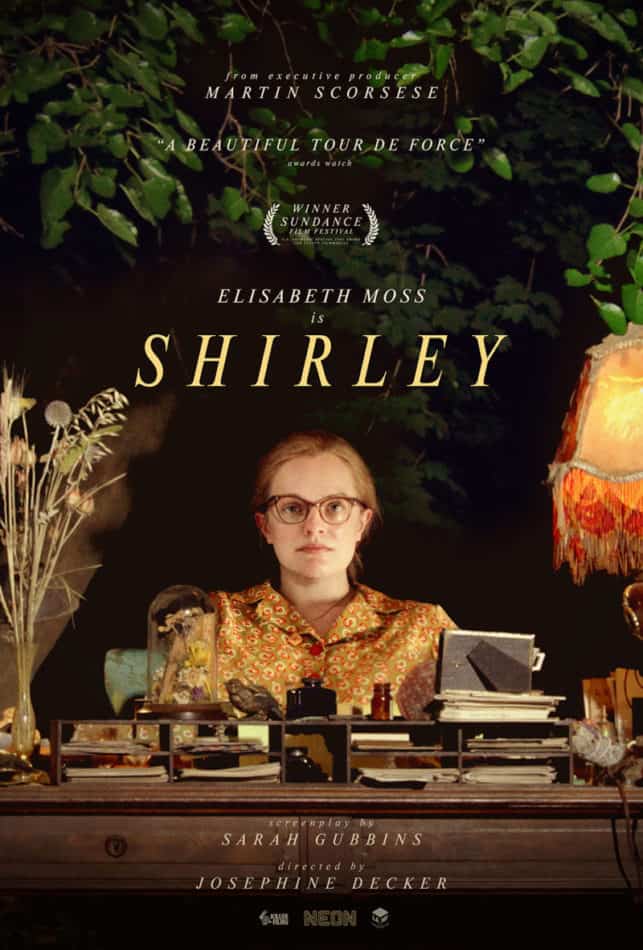
It’s easy to get distracted in Yorgos Lanthimos’s latest film Poor Things, whether from the visuals reminiscent of a 60s Czech fantasy film, the voluminous sex scenes, or Jerskin Fendrix’s (interview) unabashedly strange score. But, in one way or another, these all serve the film’s main purpose: the growth of main character Bella (played by Emma Stone).
Take Fendrix’s score. Those first notes sound bent, out of tune, coming from an instrument that sounds recognizable but surely doesn’t exist. Deep, guttural pipes burst throughout the score like the wrenching of an unwell stomach, further pushing us into bewilderment; ethereal bubbles pop; breathy, modulated voices speak into our ears. Often there’s an uncanny familiarity in the palette, as if we’re hearing instruments that existed in a parallel, alternate version of Victorian Europe. It helps both connect us to the strange, steampunk-lite world that Lanthimos has created while also inserting an additional layer of alienation and marvel. Taken together, it’s easy to view the score as being weird for the sake of it. But it isn’t.
Our main character Bella is a reanimated corpse, traversing an alternate past that has seen great advancements in science, where dog-chicken hybrids and other bizarre concoctions roam freely. It’s no surprise, then, that from a simple aesthetic perspective, something a little more unorthodox is fitting. And it’s refreshing to see (and hear) just how far Lanthimos allowed first-time-film scorer Fendrix to push things.
This all comes back to Bella. To her, the world is strange. Like a newborn, each experience is new and often hard to comprehend, and so Fendrix’s score bellows with wonder, excitement, and, of course, the strange and unusual. It is impressive to hear aspects of a sonic palette for what feels like the first time – some of his choices truly do sound utterly unique, putting you in Bella’s place. As Bella grows, so too does the palette, with Fendrix adding new colors and textures to emphasize Bella’s increasing experiences, feelings, and understanding. And when Bella seems determined as to whom she wants to be, it bursts with triumph.
The distinctiveness of the score is sure to turn some listeners off – I’ve seen it described as grating more than once. And it can create some jarring moments when moving from cue to cue on the standalone score release. But the score’s personality also works in its favor as something unique and instantly recognizable, that also has a depth and growth. It’s a truly impressive work from a debut film composer.




His hugely privileged background puts me off more than the “quirky” score. I find it very hard to get past that. Yet another posh person to add to the list of British film composers.
Interesting, and I hear where you’re coming from, but for better or worse as we know that’s a common direct route into the film world (whether composing, acting, or otherwise). At least in this case, what he made was also good imo.